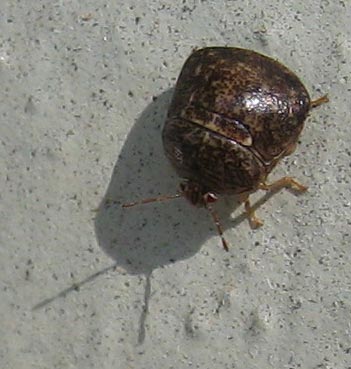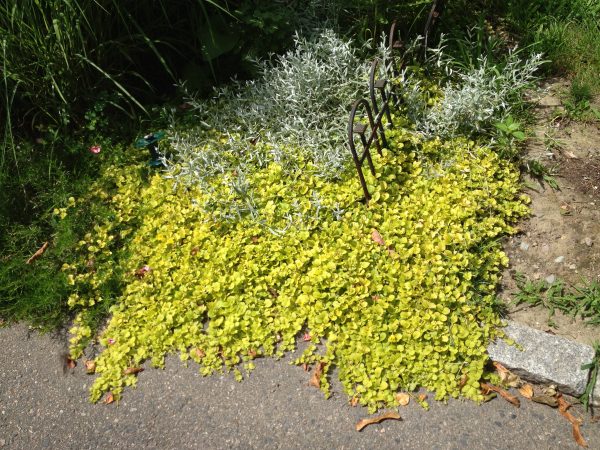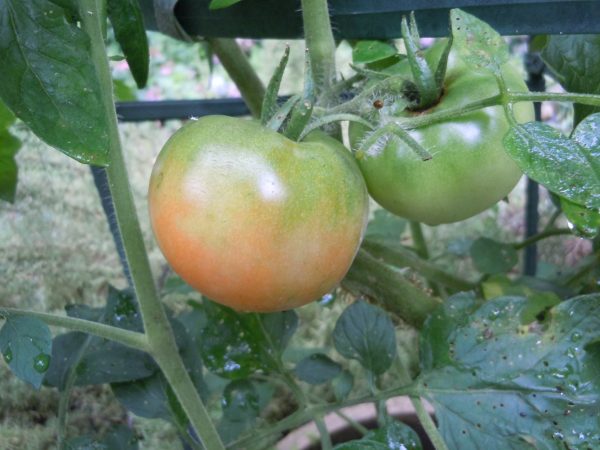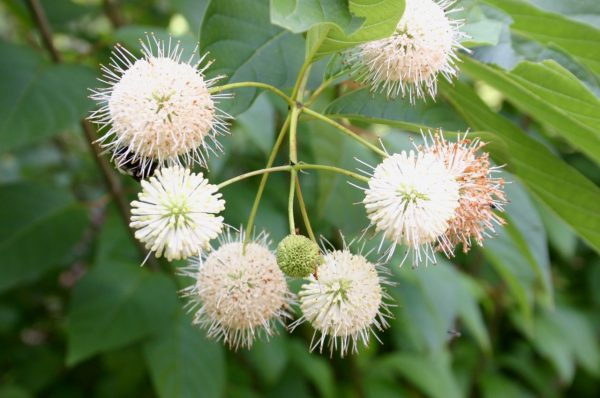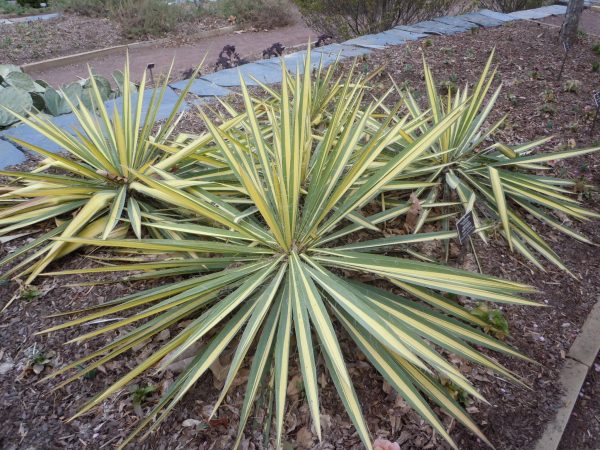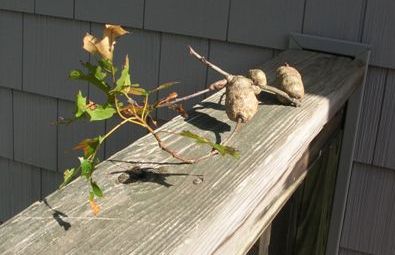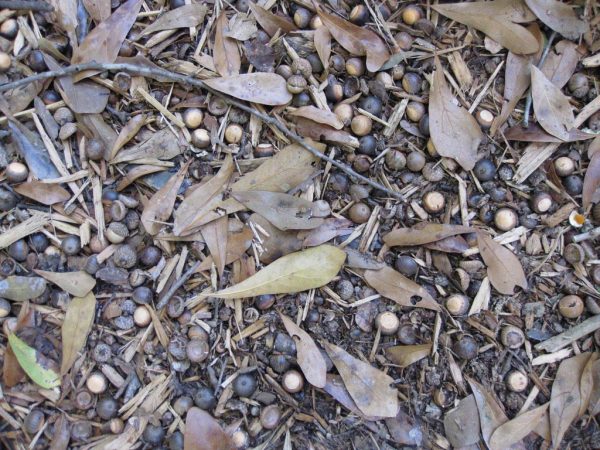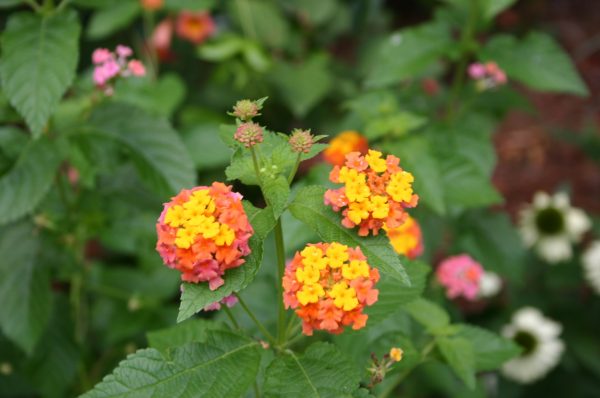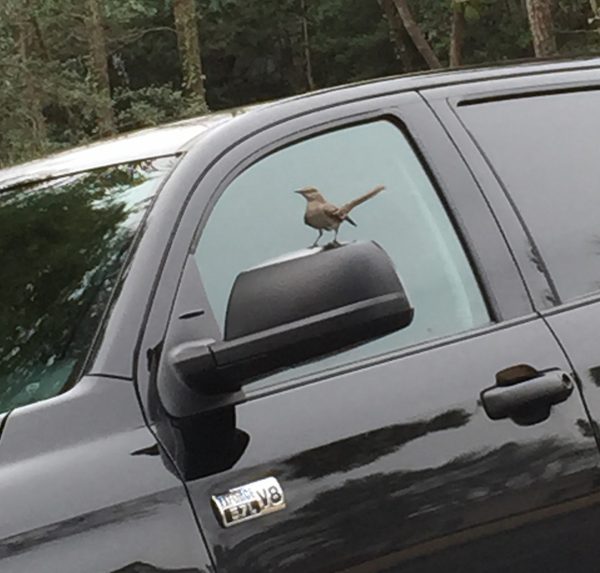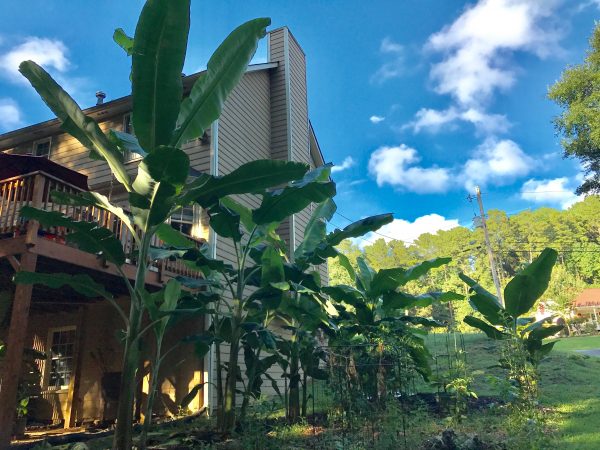Whitefly
Whenever we have a cold winter gardeners wishfully hope that the cold will diminish the insects they’ll face the next year. While severe cold, below 0 degrees F., might affect overwintering insects, most Georgia winters have no impact on them. Insects can simply reproduce so fast that their population builds rapidly, no matter how many were killed by cold.
Citrus whiteflies on gardenia bushes have certainly proven that they were not affected by cold. Gardeners all over Atlanta report clouds of the insects rising above their gardenia foliage whenever they walk past.
As the name implies, whiteflies are small, fly-like insects with white-colored wings. They hide on the underside of leaves, where they multiply rapidly. Whiteflies suck on plant juices and, in large numbers, can consume a considerable amount of nutrients. Like aphids, they excrete lots of honeydew, on which black sooty mold fungus grows.
Whitefly eggs are spindle-shaped and stand vertically on the underside of leaves. After hatching, the “crawler” stage of the insect moves about on the leaf looking for a feeding site. At temperatures between 65 and 75 degrees F., it takes less than 40 days to develop from egg to adult. Mating is not necessary for egg production and each female may lay up to two hundred eggs.
With that reproductive rate, it’s no surprise how many are present this spring.
WHITEFLY CONTROL The key to whitefly control is not a specific insecticide: the key is persistence. Almost any insecticide will kill a whitefly. Insecticidal soap, neem oil, horticultural oil, permethrin, bifenthrin and lambda-cyhalothrin are deadly to the bug. Getting the insecticide in contact with the insect involves some agility and perseverance though.
Since whiteflies live under gardenia leaves it is critical to direct your spray upwards under the leaves. Plan to spend several minutes with each gardenia, working to achieve complete coverage. One spray won’t kill all of them. Nearby plants harbor the creatures and they will move back in within a few days. If you have citrus whiteflies on your gardenia, mark your calendar to apply an insecticide to the plant every seven days for a month. If the bugs reappear during the summer, repeat the four sprays.
STICKY TRAPS You can monitor whitefly presence by placing a yellow sticky trap nearby. Some folks make a simple one by coating a plastic yellow picnic cup with STP motor oil treatment.
Winter is a challenge to plants and insects but most of the time they survive it just fine. Our challenge as gardeners is to recognize winter’s damage (or lack thereof) and to deal with the problems effectively.
MORE INFORMATION



